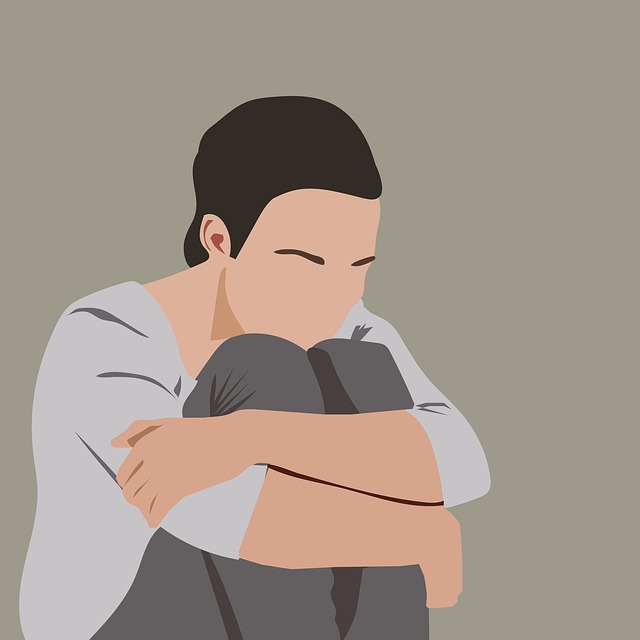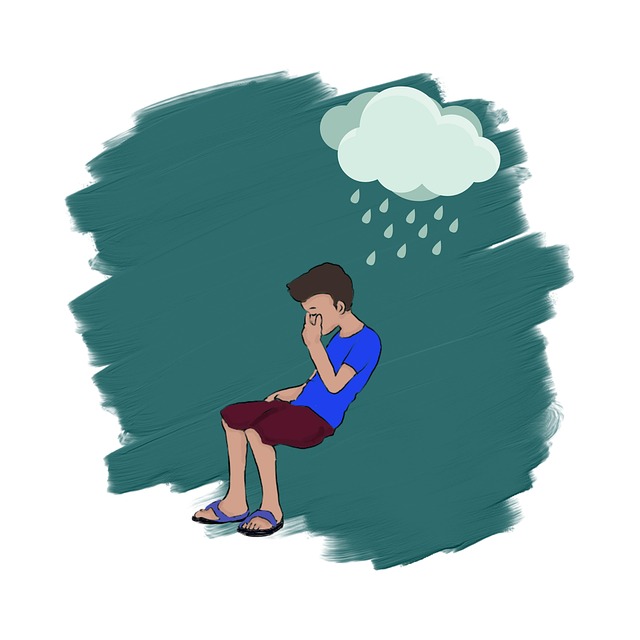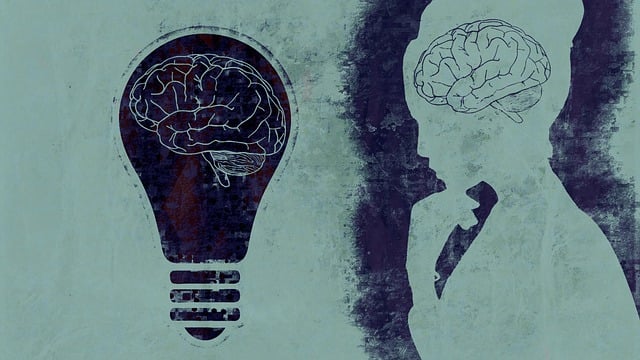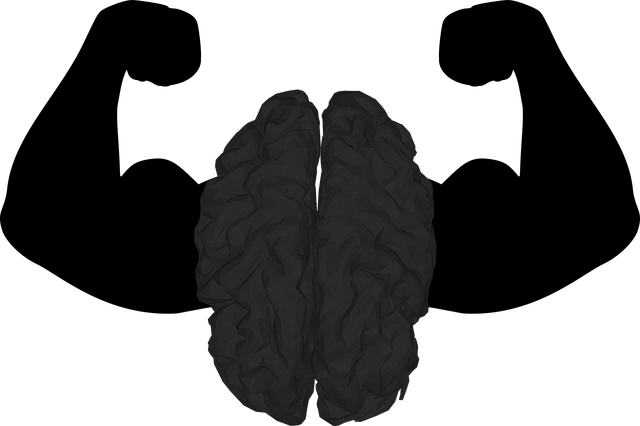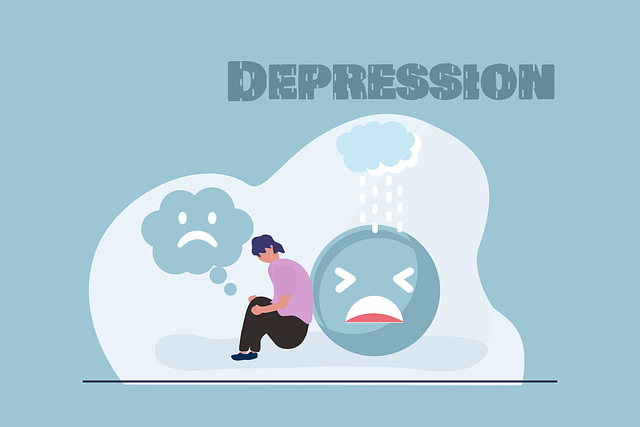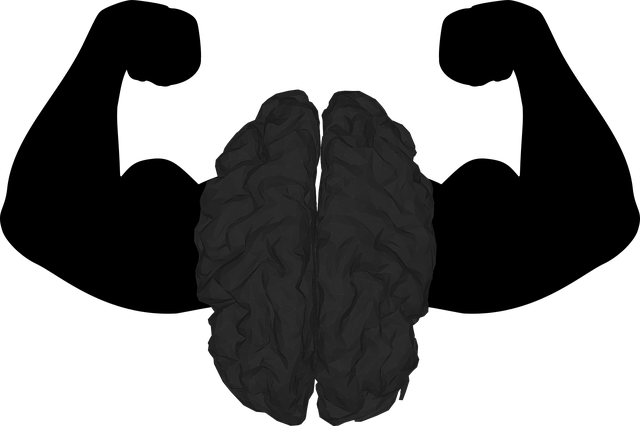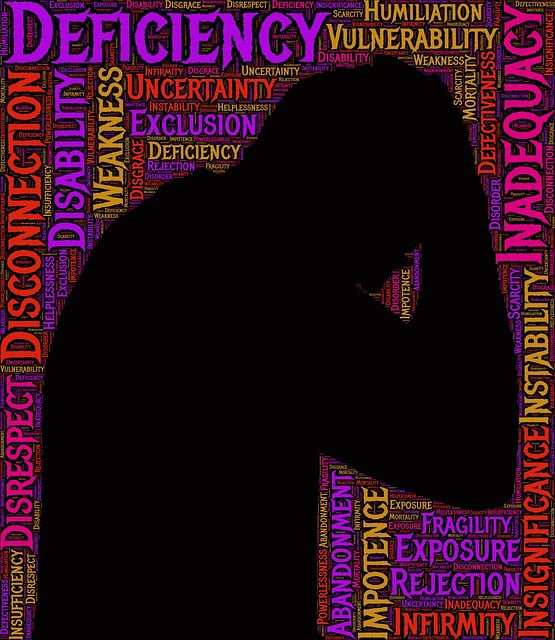Aurora Child Abuse Therapy offers evidence-based mental wellness groups facilitated by trained professionals, providing safe, supportive spaces for individuals to share experiences, learn coping strategies, and build community. These groups foster open communication, encourage emotional expression, and promote healing through peer learning and tailored interventions. Facilitators use Burnout Prevention Strategies to ensure their well-being while empowering participants with resilience-building tools that extend beyond the group setting, addressing diverse cultural needs for inclusive care.
Mental wellness groups offer a powerful support system, fostering recovery and resilience among individuals facing various challenges. This article explores effective facilitation techniques tailored for such settings, with a specific focus on Aurora Child Abuse Therapy. We’ll delve into the art of creating safe spaces, encouraging active participation, and employing engaging activities to enhance group dynamics. By understanding these strategies, facilitators can nurture supportive communities, ultimately aiding in the healing process.
- Understanding Mental Wellness Groups
- – Definition and purpose of mental wellness groups
- – Benefits for participants and the role of a facilitator
Understanding Mental Wellness Groups

Mental wellness groups offer a unique and supportive environment where individuals with similar experiences or struggles can come together to share their stories, learn from one another, and develop effective coping strategies. Facilitated by trained professionals, these groups play a pivotal role in promoting mental health and well-being. The dynamics of such groups are designed to foster a sense of community, encourage open communication, and provide a safe space for emotional expression.
At Aurora Child Abuse Therapy, we recognize the power of group facilitation in helping individuals navigate challenges related to trauma, stress, and emotional regulation. Through evidence-based practices, our therapists guide participants in exploring various mental wellness techniques, including stress reduction methods tailored to their specific needs. By actively engaging in these groups, members gain valuable insights, build resilience, and develop healthy coping mechanisms that extend beyond the group setting.
– Definition and purpose of mental wellness groups

Mental wellness groups serve as a powerful support system for individuals navigating various emotional and psychological challenges. These therapeutic gatherings provide a safe space where people can come together, share their experiences, and offer mutual support. The primary purpose is to foster a sense of community, reduce feelings of isolation, and promote healing through collective understanding and empathy. In many cases, these groups are facilitated by trained professionals like those at Aurora Child Abuse Therapy, who specialize in guiding participants through emotional healing processes.
By facilitating open dialogues and encouraging active participation, mental wellness group sessions enable individuals to develop coping strategies, enhance self-awareness, and build resilience. This collective approach not only benefits the immediate group members but also contributes to broader community well-being. It’s essential for healthcare providers to demonstrate cultural competency training when organizing such groups, ensuring inclusivity and effective crisis intervention guidance tailored to diverse populations’ needs.
– Benefits for participants and the role of a facilitator

Mental wellness group facilitation plays a pivotal role in fostering collective support and enhancing individual resilience. For participants, joining such groups offers a safe space to share experiences, gain insights from peers, and develop effective coping mechanisms. This supportive environment encourages open communication, which is essential for processing emotions, challenging negative thought patterns, and cultivating a sense of belonging. The facilitator acts as a guide, ensuring each member feels heard and respected while facilitating meaningful discussions and activities that promote self-reflection and personal growth.
In the context of Aurora Child Abuse Therapy, group facilitation techniques are invaluable tools for building resilience among survivors. Facilitators employ Burnout Prevention Strategies for Healthcare Providers to manage their own well-being, thereby creating a sustainable environment. Through strategic Communication Strategies, they foster honest exchanges, enabling members to learn from each other’s journeys and develop tailored coping strategies. This holistic approach not only supports participants’ mental wellness but also equips them with the skills to navigate challenges, fostering both personal and collective healing.
Mental wellness groups, facilitated with empathy and expertise, offer profound benefits, especially in healing from trauma like that experienced at Aurora Child Abuse Therapy. These supportive spaces empower individuals through shared experiences, fostering a sense of belonging and resilience. Facilitators play a crucial role in guiding participants on their journeys towards mental wellness, making these groups a valuable resource for personal growth and community support.

